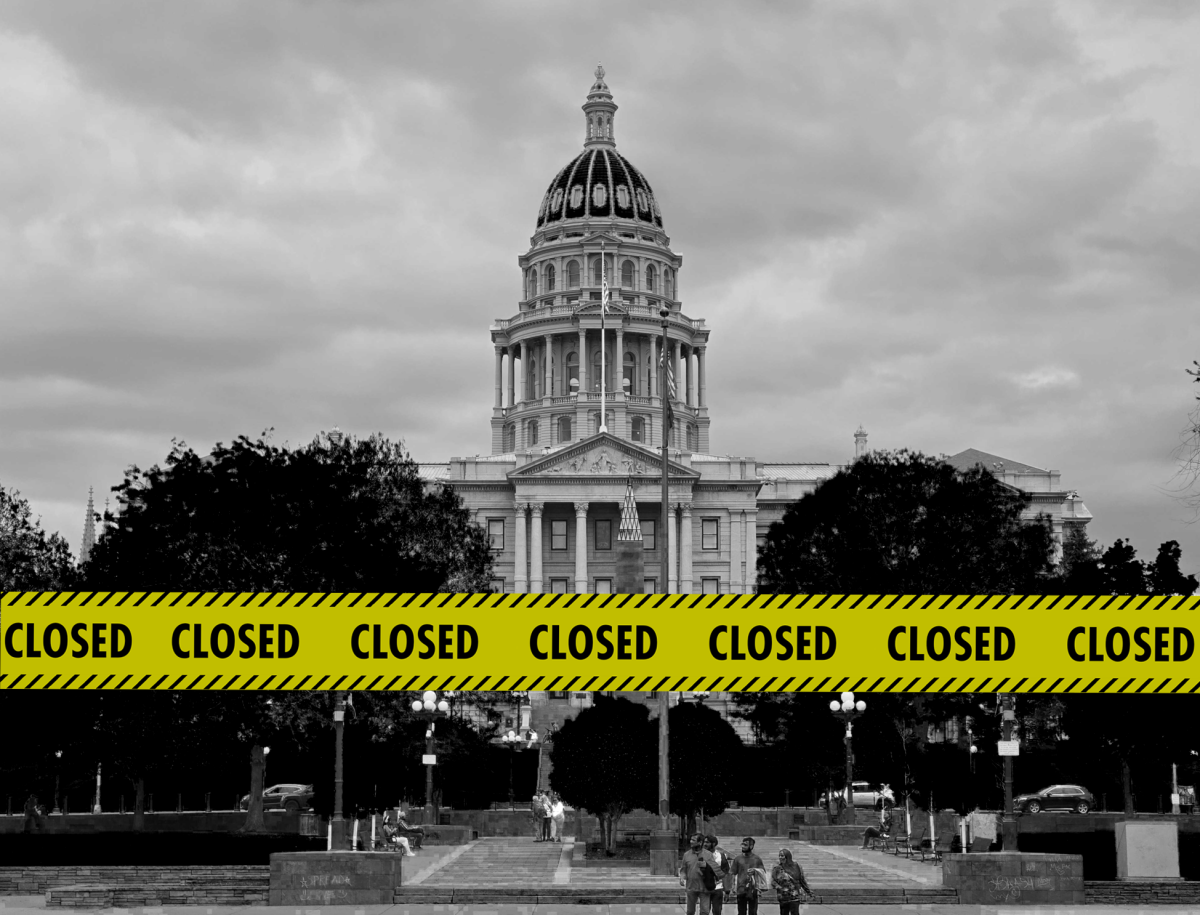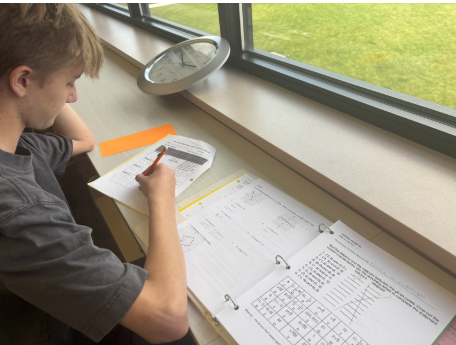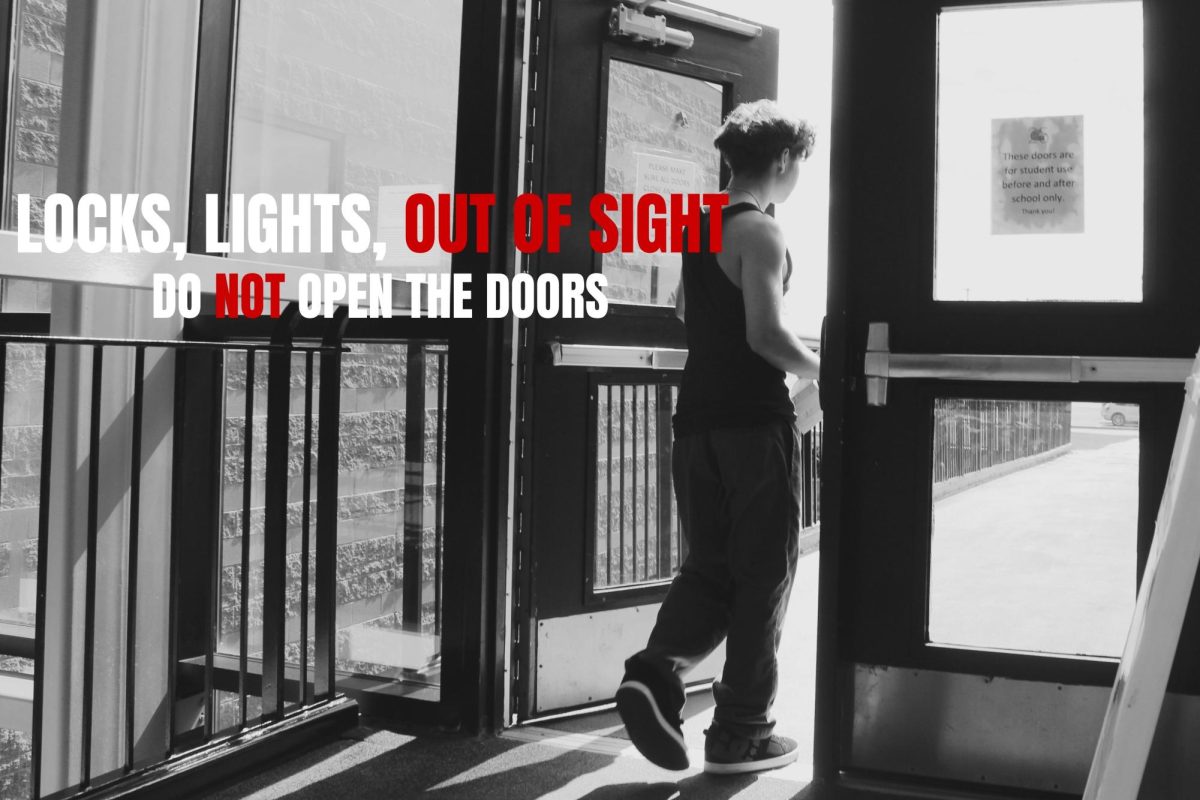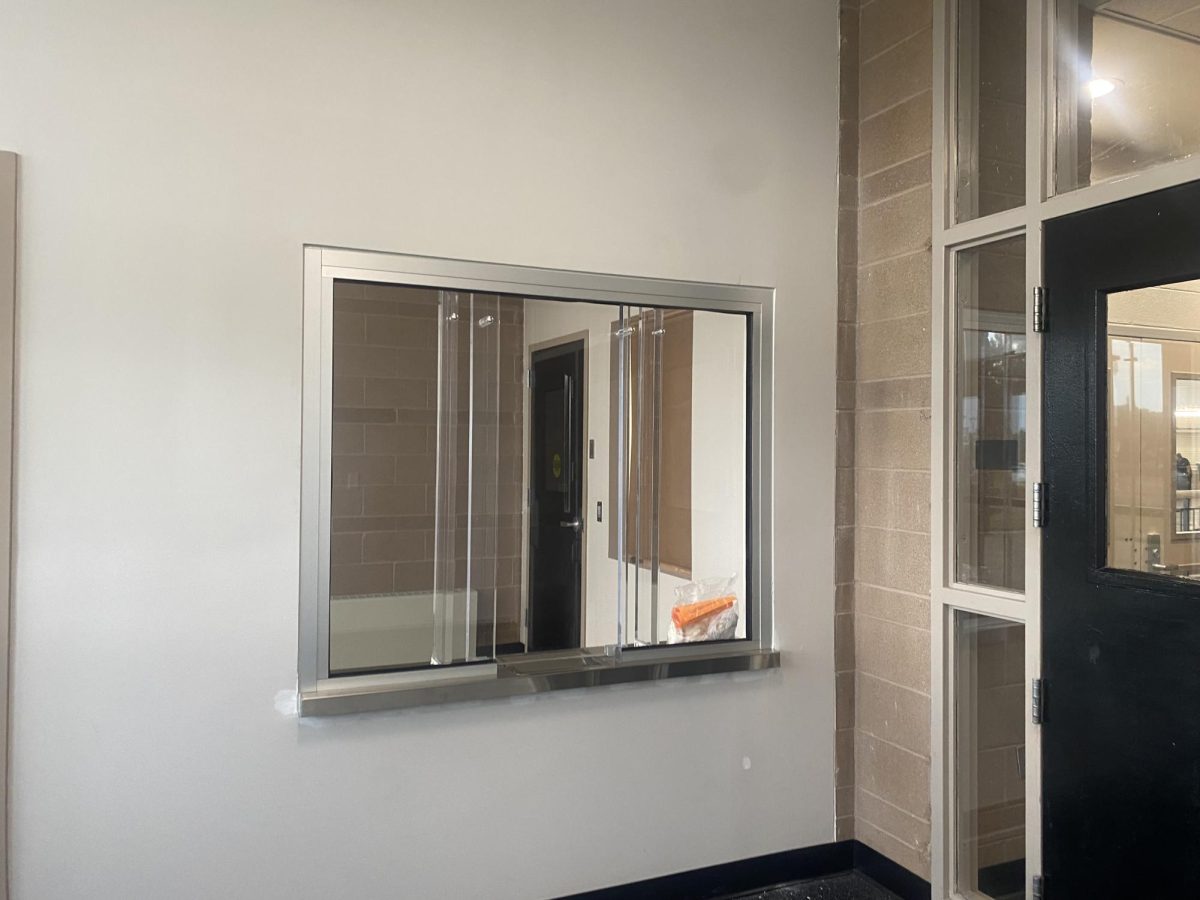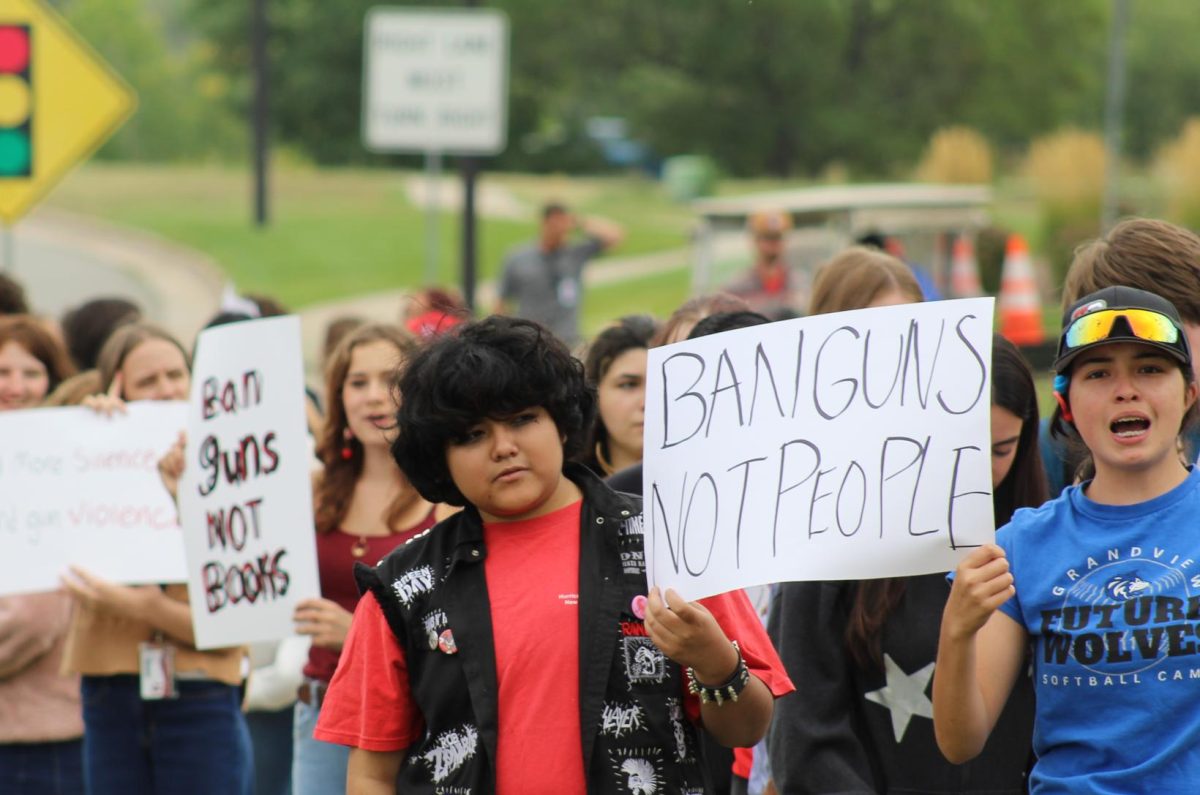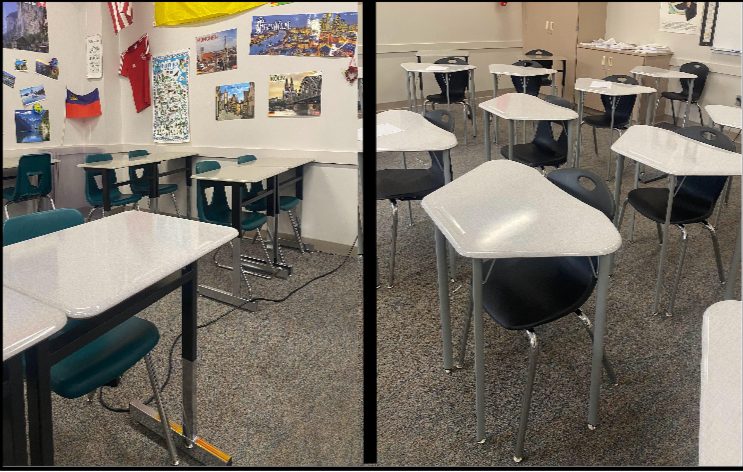As of Wednesday, October 1st, 2025, the United States government officially entered a shutdown. This means that federal agencies cannot spend any money or obligate any cash. A government shutdown occurs when Congress is unable to pass the funding bills that keep federal agencies running into the next year. For many employees, this means working without pay or being required to suspend their jobs as part of the Reduction-in-Force initiatives by the Trump Administration. Non-essential employees are furloughed, meaning they will not be allowed to work and will only be paid after the shutdown is resolved.
“I hope that the furloughed workers receive back pay,” Mike Johnson (Speaker of the United States House of Representatives) said. “We have some extraordinary Americans who serve the federal government—they serve valiantly, they work hard, and they serve in these various agencies doing important work.”
Back pay is the payment for work done in the past that was not made at the time it was fulfilled. For federal workers affected by the shutdown, it is the money they earned while furloughed or working without pay that they did not receive during regular times. According to the Government Employee Fair Treatment Act (GEFTA) in 2019, back pay is guaranteed to employees as soon as possible after the shutdown ends. The guarantee of back pay for furloughed federal employees is now in limbo, as the White House weighs a different interpretation of the 2019 law that ensures federal employees get compensated following a government shutdown. One specific phrase in the 2019 law states that the retroactive pay is “subject to the enactment of appropriations Acts ending the lapse.” Because of that phrasing, the White House document argues that the law does not create an obligation to pay furloughed employees after a shutdown. Excepted employees, however, should still be guaranteed retroactive pay, according to the draft legal opinion.
“Last time they furloughed a lot of employees and gave them back pay—I haven’t seen a lot of discussions around that,” Jason Kosanovich (Social Studies) said. “I don’t think that’s something they’re even going to approach until they look at how many jobs have actually been cut, and what that would cost to go back pay, and which jobs they want to bring back and give those people back pay for.”
In the Senate, it takes 60 votes to approve a temporary spending bill—currently, Republicans hold 53 seats—and Democrats say they won’t support such a bill unless Republicans agree, among other things, to extend expiring subsidies for Affordable Care Act premiums. Democrats want a reversal of Trump’s cuts to Medicare. Neither the Republican nor the Democratic parties could reach a compromise, which does not ensure a resolution to the shutdown anytime soon.
“I think [the events that led to the shutdown] were both sides not being able to reconcile and not being able to get what they want put into the bill,” Kosanovich said. “Healthcare is the centre of this debate. It’s being politically used with what’s out there from both sides. We’re going to need both parties to come together in agreement, so there are going to have to be some Democrats who are in the minority in the Senate to come on board and agree to this bill, and if they are not able to get there, it doesn’t matter what happens in the House of Representatives. It will never make it to Trump’s desk unless both parties are working together in the Senate.”
Here at Grandview, this affects faculty and students due to the lack of income. Many families are either out of a job or are working without pay. For Colorado as a whole, national parks are no longer funded, which has a significant impact on the economy. There is a decline of $289 million per week, resulting in approximately 900 workers being unemployed. Approximately 55 000 federal workers are furloughed or working without pay, and federal contract spending has been reduced by around $422 million. From an overarching view, the United States will have delays in processing applications for passports, small business loans, or government benefits; shuttered visitor centres and bathrooms at national parks; and fewer food-safety inspections. Likewise, TSA is being furloughed. Airports have had to shut down because air traffic control workers are choosing not to show up to work.
“[The shutdown] impacts individual Grandview students and their families because their families are being furloughed and they don’t have money,” Theresa Bramhall (Social Studies) said. “It impacts my students because some of their parents are currently furloughed and not getting paid, so they are unable to participate in some activities that cost money because the government is shut down. It impacts certain staff members’ families because some of their significant others are not getting paid at the moment.”
This is not the first time the government has entered a shutdown. In 2019, the government entered its longest shutdown in U.S. history. Lasting 34 days, it began on December 21, 2018, and ended on January 25, 2019. During the 2018-2019 partial government shutdown, approximately 2 million people were employed by the federal government; 380,000 of them were furloughed, and 420,000 continued to work without pay. Many delayed mortgage or credit card payments, risking late fees or loan defaults. In 2013, there were over 2 million federal employees, with about 850,000 furloughed during the shutdown. Similar consequences may be seen in the 2025 shutdown if a compromise is not reached soon.
“The long-term consequences will be whatever jobs get permanently cut, whatever departments they go into and decide to get rid of,” Kosanovich said. “If those jobs are cut this time, there isn’t going to be any motivation for them to be brought back, because the people in power are the ones who are going to be cutting those jobs. That would mean getting through the midterms and into the next general election. Obviously, with each new general election and with new leadership, changes can be made, and those jobs would be brought back. But the immediate, long-term consequences are that people are going to lose their jobs, and families are going to be affected.


